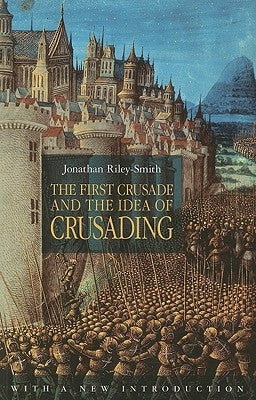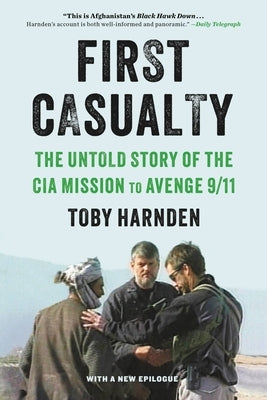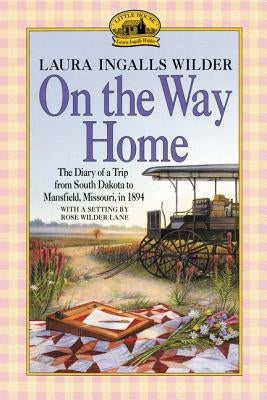Slavic Paganism Today: Between Ideas and Practice
$27.99
$29.99
My Bondage and My Freedom
$11.95
A History of Us: Ten-Volume Set
$165.00
War Before Civilization
$23.99
Napoleon: A Life
$24.00
Russian Thinkers
$18.00
Agricola and Germania
$15.00
The Rise of the Roman Empire
$18.00
The Mask of Command
$18.00
Printer's Error
$20.99
The Hunter Killers
$16.99
The Genius of America
$26.00
Episodes
$28.95
Ari Means Lion
$29.95





















































